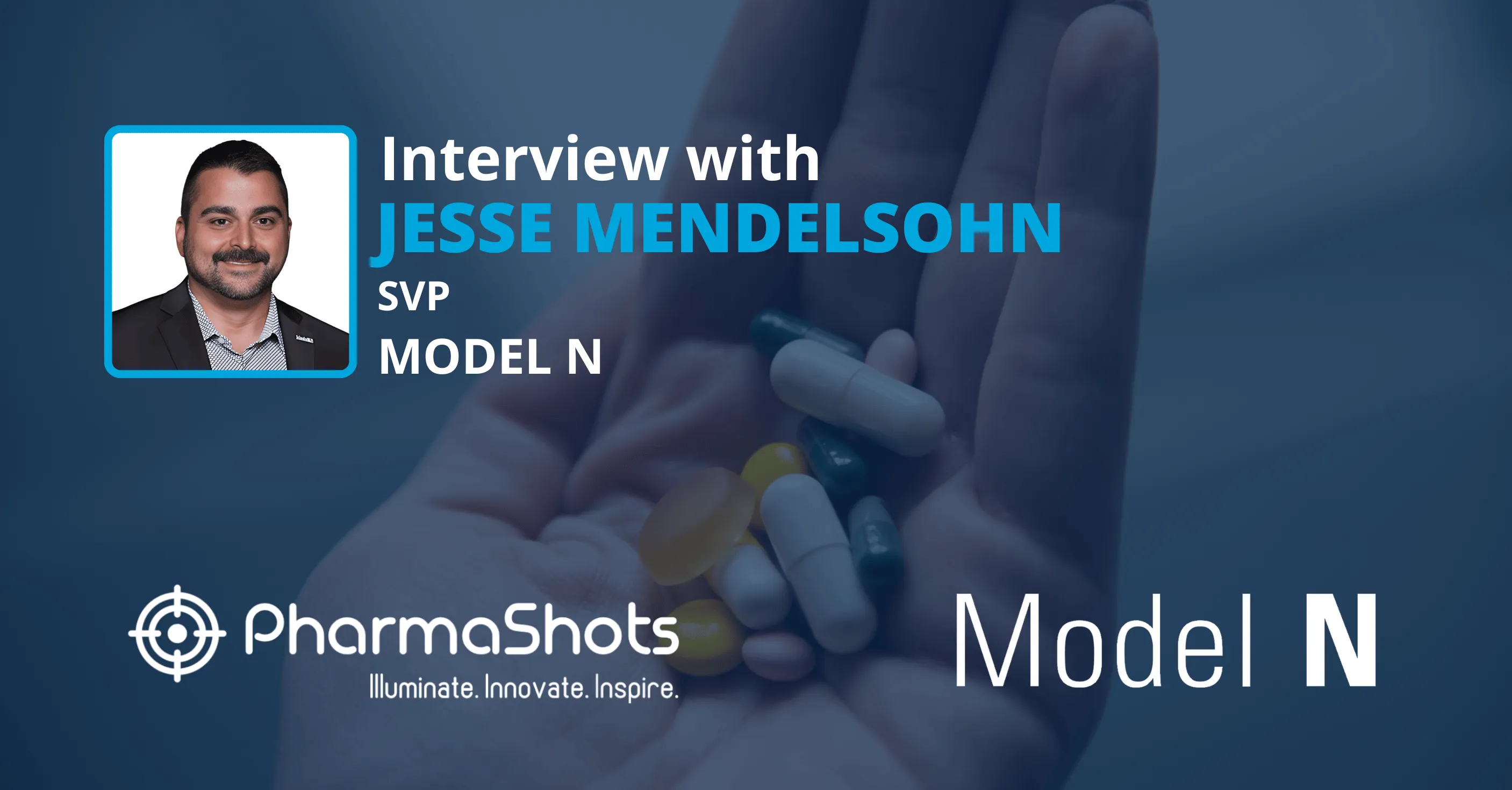
Olivier Harari, VP, Early Clinical Development at Regeneron Shares his Views on Pozelimab’s BLA Acceptance for the US FDA Priority Review
Shots:
- Olivier highlighted the P-II/III data based on which Regeneron’s BLA for Pozelimab was accepted by the US FDA under priority review to treat adults and children with CHAPLE disease
- CHAPLE disease is driven by an overactivation of the complement system due to CD55 deficiency. Pozelimab blocks the activity of complement factor C5 and prevents diseases mediated by the complement pathway
- Pozelimab is developed using Regeneron’s proprietary VelocImmune technology which shows how Regeneron is accelerating and improving the traditional drug development process through its innovative technologies
Smriti: Please highlight the clinical data following the acceptance of the BLA by the U.S. FDA for (C5 Antibody).
Olivier Harari: The BLA is supported by results from a Phase 2/3 open-label trial that investigated the efficacy and safety of pozelimab in 10 patients aged one year or older. At 24 weeks the co-primary endpoints were achieved with 100% of patients experiencing rapid and sustained normalization of serum albumin (a disease biomarker) and improvement in or no worsening of clinical symptoms. Analyses of secondary endpoints also demonstrated marked reductions in hospitalization days and total number of albumin transfusions, as well as clinically meaningful increases in body weight for age and stature for age.
Smriti: Shed some light on the details (ROA, MOA, formulations, etc) of Pozelimab for the treatment of CHAPLE disease
Olivier Harari: Pozelimab is a fully human monoclonal immunoglobulin antibody directed against C5. Pozelimab inhibits terminal complement activation, reverses protein loss and improves clinical symptoms in patients with CHAPLE disease. Dosing consists of a pre-dose meningococcal vaccination no less than two weeks prior to administration, followed by an intravenous loading dose and weekly HCP-administered subcutaneous maintenance doses (based on body weight).
Smriti: Highlight the study design of the P-II/III trial evaluating Pozelimab.
Olivier Harari: Patients were given a single loading dose of pozelimab 30 mg/kg intravenously on day 1, followed by subcutaneous weekly weight-based doses of pozelimab.
Smriti: Brief our reader about CHAPLE disease.
Olivier Harari: CHAPLE disease (CHAPLE stands for CD55 deficiency with Hyperactivation of complement, Angiopathic thrombosis and Protein Losing Enteropathy and is also known as CD55-deficient protein-losing enteropathy) is an ultra-rare and life-threatening hereditary immune disease driven by an overactivation of the complement system due to CD55 deficiency Symptoms commonly appear in infancy and childhood, and most patients are under 18 years of age. CHAPLE disease can cause debilitating symptoms, such as diarrhea, vomiting, GI discomfort and partial or complete intestinal obstruction. Untreated, CHAPLE disease can lead to growth retardation and severe venous thrombosis. Currently, there is no FDA-approved treatment for CHAPLE disease.
Smriti: As CHAPLE is an ultra-rare disease, how does the company plan to spread awareness regarding the disease and the treatment option being developed?
Olivier Harari: Due to the ultra-rare nature of CHAPLE disease, a lack of awareness exists surrounding the disease and its significant impact on patients. Our goal is to address this by collaborating with patients advocates and healthcare professionals to drive awareness and education.
Smriti: If BLA is approved, what are the company’s plans to commercialize Pozelimab? In which geographical locations do you intend to market the product?
Olivier Harari: If pozelimab is approved by the U.S. FDA, it will become the first and only approved therapy for CHAPLE disease. CHAPLE disease is an ultra-rare condition and patients often face years of misdiagnoses with no answer to their medical challenges. Our primary goal is to address the key unmet need for these patients.
Smriti: Is Regeneron anticipating promising results for any other product in its pipeline?
Olivier Harari: We are optimistic about the future of our pipeline development. At Regeneron, we pride ourselves in consistently translating science into medicine and accelerating the traditional drug development process through our VelociSuite® technologies. Our medicines and pipeline are designed to help patients from a variety of disease states.
Image Source: Canva
About the Author:

Olivier Harari is the Vice President, Early Clinical Development at Regeneron. After practicing as a rheumatologist, he entered the biopharmaceutical industry, working in the translational medicine space, predominantly on biologic therapies for immune diseases, at UCB Pharma, Roche, and Regeneron, Inc. He has worked on a number of therapeutic projects that progressed from pre-clinical into human studies, from exploratory into confirmatory trials, and beyond into successful regulatory approvals. Dr. Olivier Harari received his medical degree from Cambridge University and his Ph.D. from Imperial College London.
Tags

Senior Editor at PharmaShots. She is curious and very passionate about recent updates and developments in the life sciences industry. She covers Biopharma, MedTech, and Digital health segments along with different reports at PharmaShots.














